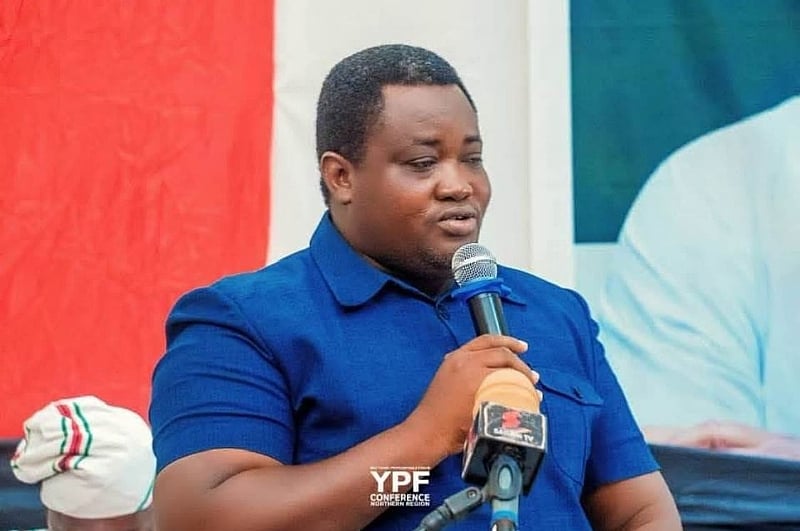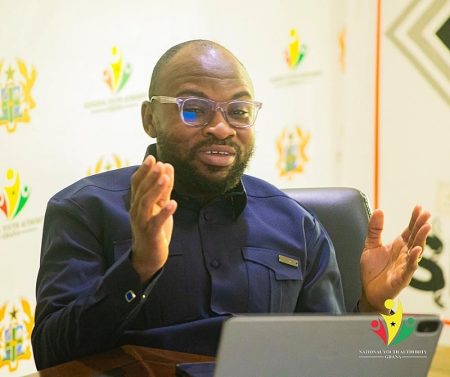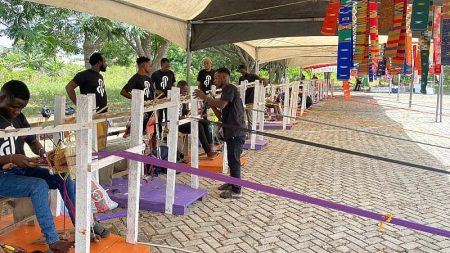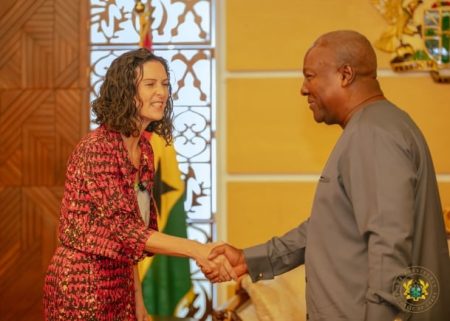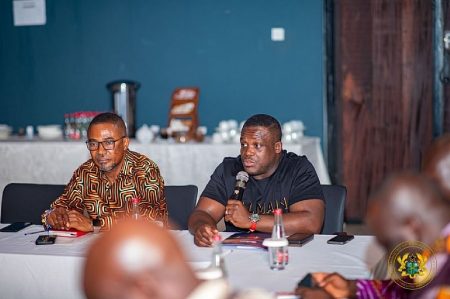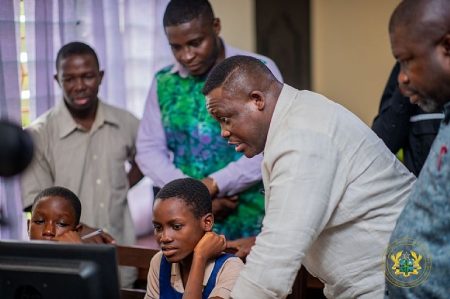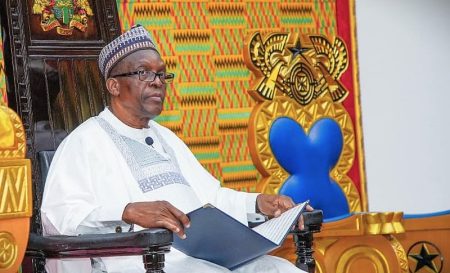The recent disruptions in Ghana’s Parliament have sparked accusations of deliberate obstructionism by the NPP Minority, with some commentators suggesting a calculated strategy to punish the Ghanaian populace for the outcome of the 2024 elections. Development economist and University for Development Studies lecturer, Professor Michael Ayamga-Adongo, has been particularly vocal in his criticism, arguing that the Minority’s actions, including heckling and open defiance of the Speaker’s authority, are part of a premeditated plan to disrupt parliamentary proceedings. He contends that this behavior reflects a retaliatory stance against the electorate’s decision in the 2024 elections, effectively holding the functioning of Parliament hostage to express their dissatisfaction with the results. Professor Ayamga-Adongo’s assertion paints a picture of a calculated political maneuver rather than spontaneous reactions to parliamentary events.
This controversy erupted following a heated exchange in Parliament on Tuesday, June 10, 2024, involving the First Deputy Speaker, Bernard Ahiafor, and the Ranking Member on the Health Committee, Dr. Nana Ayew Afriyie. The clash stemmed from Mr. Ahiafor’s accusation that Dr. Afriyie abused his parliamentary privilege while attempting to deliver an urgent statement regarding the ongoing strike by the Ghana Registered Nurses and Midwives Association (GRNMA). The Deputy Speaker subsequently ordered the Marshal of Parliament to escort Dr. Afriyie out of the chamber, a directive that met with fierce resistance from the Minority members. This incident further fueled the ongoing narrative of deliberate disruption and heightened tensions within the parliamentary sphere.
Professor Ayamga-Adongo’s critique extends to the Minority Leader, Alexander Afenyo-Markin, whom he criticizes for failing to maintain discipline within his caucus. He argues that the responsibility for the conduct of individual members falls squarely on the shoulders of the party leadership, holding Mr. Afenyo-Markin accountable for the disruptive behavior exhibited by the Minority MPs. This highlights the broader issue of leadership accountability within the parliamentary context and underscores the need for effective management of party discipline to ensure the smooth functioning of the legislative process.
The Minority’s response to these accusations is crucial for a comprehensive understanding of the situation. Their justification for their actions, whether rooted in genuine grievances or strategic political maneuvering, will shape public perception and inform future parliamentary interactions. Additionally, the role of the Speaker of Parliament, Alban Bagbin, in mediating these conflicts and ensuring the decorum of the house is of paramount importance. His decision to pardon Dr. Afriyie, while seemingly aimed at de-escalating tensions, may be interpreted as a tacit acknowledgment of the gravity of the situation and the need for a more conciliatory approach.
The implications of these parliamentary disruptions extend far beyond the confines of the legislative chamber. They have the potential to erode public trust in the democratic process and undermine the effectiveness of governance. The ability of Parliament to fulfill its constitutional mandate, including passing legislation and holding the executive branch accountable, is compromised when partisan disputes and disruptive behavior take center stage. This situation calls for a renewed commitment from all parties to uphold the principles of parliamentary democracy and engage in constructive dialogue to resolve their differences.
Moving forward, it is essential for all stakeholders, including the Majority and Minority parties, the Speaker of Parliament, and civil society organizations, to work collaboratively towards restoring order and decorum in Parliament. This may involve revisiting parliamentary rules of procedure, strengthening mechanisms for conflict resolution, and fostering a culture of mutual respect and cooperation among members. Ultimately, the goal should be to ensure that Parliament functions effectively as a vital institution of democracy, capable of addressing the needs and aspirations of the Ghanaian people.





